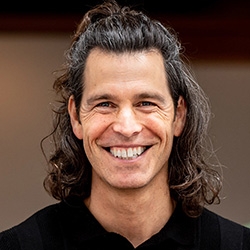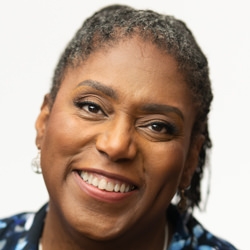

NVC Resources on Connection
-
With practice we can prevent reactivity from overtaking and harming: notice signs of reactivity, bring compassion to it, see reactivity as the misperception of threat and a distortion of what's happening, plus engage and pursue connection and the clarity to weaken reactive impulses. In taking responsibility like this overtime, you can live from your values and from care. And life can get easier for you and others around you.
-
Reflect on a time when you were either expressing gossip or participating passively. What feelings and needs were up for you at the time? How might you have interrupted the gossip with connection? When interrupting gossip it can take a few rounds of empathy and honest expression to bridge understanding, and create a space in which mutual care and curiosity arises. Read on for an example.
-
Even those who practice NVC can repeat old patterns of thinking, believing, feeling, and behaving. If they do, but still use ‘NVC language’ others may think the issue is NVC rather than the person’s capacity. This week, notice even a small instance where someone is against something you suggest. To build trust and connection, experiment with offering empathy or asking them to share what they think, feel, or need.
-
Struggling to say "no"? Here are ways you change your adjacent mind patterns. First, note the differences between those who respect boundaries and those who often don't. Second, review situations in which you lost track of your choice. And rehearse what it would sound, look, and feel like if you kept connection to your choice. Third, seek validation of your experience - from a grounded and mindful (non-reactive) state.
-
Create your own new personal practice using the Pathways to Liberation: Matrix of Self-Assessment and increase your capacity to access skills when you need them the most.
-
Making decisions from overwhelm can be costly for you and others. Instead, to get distance name overwhelm as it comes. Apply self-compassion. Be suspicious of your impulse to withdraw. Find ways to meet your needs. Tell others about your overwhelm. This may allow more support, connection and trust-building. Plan what to do to meet your needs next time you're overwhelmed. Tweak your plan.
-
When speaking to decision makers about social change issues it helps to communicate with compassion, clarity, curiosity, calm, and respect while seeking to understand their needs. This way there’s a better chance for more trust and connection that’s crucial for a win-win strategy to come about. This may take several conversations.
-
Yoram Mosenzon suggests that when we make positive language requests, we tell people what we want. We give them an image of what would make life more wonderful. What we usually do is tell people what we do not want. This tends to create resistance.
-
Yvette Erasmus shares Terry Real's grid as a tool for exploring a spectrum of emotional responses. We all have feelings and sometimes we get dysregulated or frozen up. How do you want to express and be in connection with other people? Can you attune to the relational context that you are in?
-
What would it be like if we raised children who already knew how to be inclusive, who already understood climate change, and who knew that they had a role in keeping our planet liveable? Roxy Manning believes that how we parent can support the next generation in showing up with an innate connection to Social Change.

Quick Links
Subscription Preferences
Stay In Touch!
Looking for ways to keep up with NVC Academy news, get special offers, free resources, or words of inspiration? Here are five ways to stay engaged:










